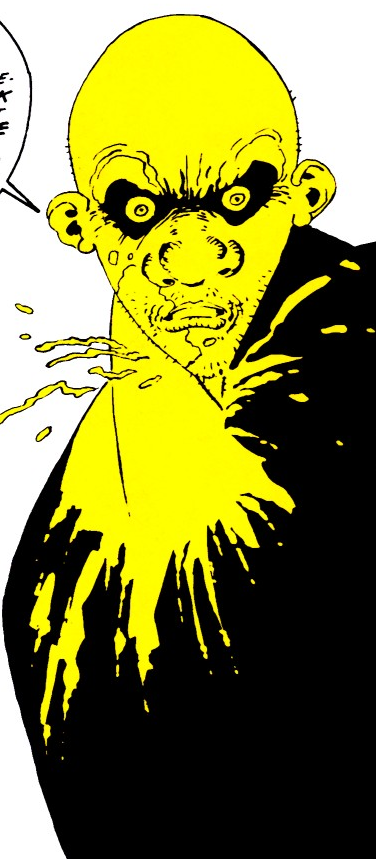Greetings,
mikenz66 wrote:I've read his posts, and your replies. From my point of view your replies seem to be assuming that zavk needs help letting go of his past, and you're going to help him by quoting suttas to him.
More generally, I'm assuming that as a Buddhist he is interested in liberation and the teachings of the Buddha, so I am sharing the Buddha's teachings that seem pertinent to the situation at hand, this being a Buddhist forum and all. Much like in a recent topic where Bhikkhu Pesala said, "What I think is of no consequence for you — it depends on what you think, say, and do that will decide whether or not you wind up in hell. My duty is just to teach what the Buddha taught, as far as I understand it, according to reliable sources"... the only difference being that I do not regard myself as a teacher... merely a fellow way-farer on the Buddhist path. Yet, as I said on page one of this topic... "People are of course welcome to dwell on whatever issues they like, but if they were to follow the teachings of the Buddha, they would be inclined to focus on subjects which give rise to wisdom, non-greed, and non-aversion which are sukha, rather than subjects which give rise to ignorance, greed and aversion which are dukkha. People are of course welcome to ignore the Buddha's teachings if they like, too." I can't stop him bringing dukkha unto himself - that's for him to do.
Just one last thing on that, I haven't once mentioned the phrase "let go"... I've addressed the matter with reference to jati (identification), asmi-mana ("I am" conceit), and wise attention on appropriate objects of attention, as that is where the "letting go" (or most specifically, the potential "not taking up") of these things takes place. This isn't about repression or denial - it's about non-appropriation.
In the Buddha's time, there were people from various walks of life who found their way to his teaching - from businessful businessmen, to lepers, to physicians, to god knows what else. The Buddha taught the Dhamma irrespective to anyone who respectfully wished to know it... the only exception I can think of is where he insisted that a hungry man was fed first before he received the Dhamma. He would explain it in terms that these people would understand, but he didn't encourage them to find liberation in regular dissection and disentanglement of one's past - he encouraged it through application of the Noble Eightfold Path and seeing with the Dhamma eye (i.e. seeing in accordance with the Dhamma). Much of this socio-cultural analytics actually
goes against viewing with the Dhamma eye - because it's deliberately framing things in the horizontal/objective/abstracted sense rather than the vertical/subjective/phenomenological sense. i.e. framing it outside loka, outside sabba, beyond range.
mikenz66 wrote:I think that what he is saying about what shapes our perception of Dhamma is much more interesting than that.
Perhaps - I'll reserve judgement until I see some practical Dhammic (i.e. non-academic) application for it, that accords with the suttas.
mikenz66 wrote:That you could apply the same reasoning to most discussions here on Dhamma Wheel about how to interpret and practise Dhamma. For example, some here place great emphasis on using historical text-critical analysis to figure out which sutta passage are the real teaching of the Buddha, and which are cultural accretions. Should the retort: "Do not recollect the past........" be applied to those discussions? If not, what is the key difference between investigating cultural accretions in the suttas and cultural accretions in modern interpretations. "Modern interpretations" includes, of course, our own views on the Dhamma...
"The past" in the sutta I quoted is used in a strictly phenomenological sense vis-a-vis the aggregates - not history. It's about avoiding unwise attention - particularly that which leads to "I-making".
Metta,
Retro.

"Whatever is true, whatever is noble, whatever is right, whatever is pure, whatever is lovely, whatever is admirable—if anything is excellent or praiseworthy—think about such things."

